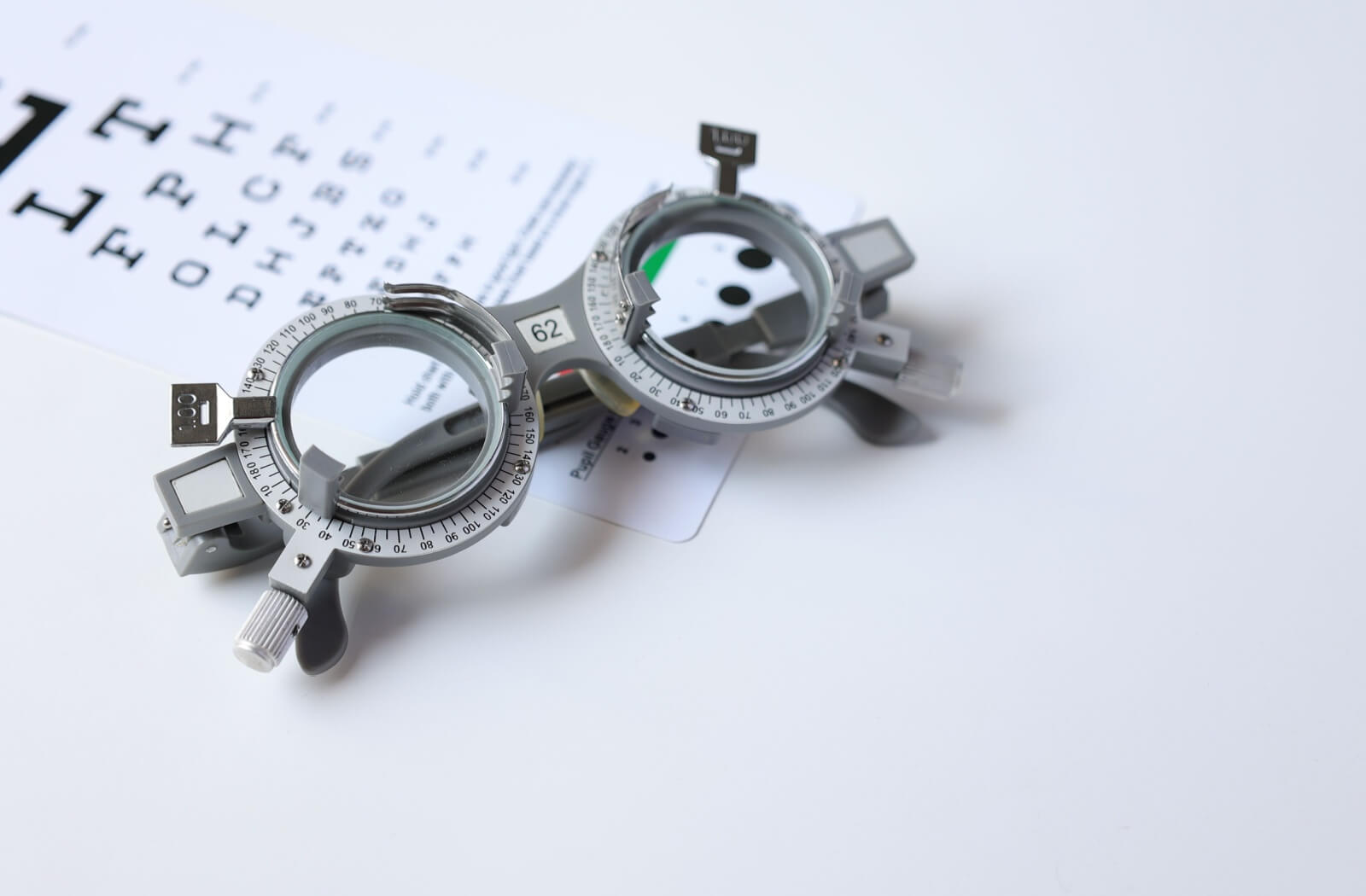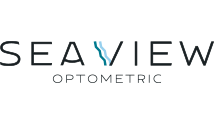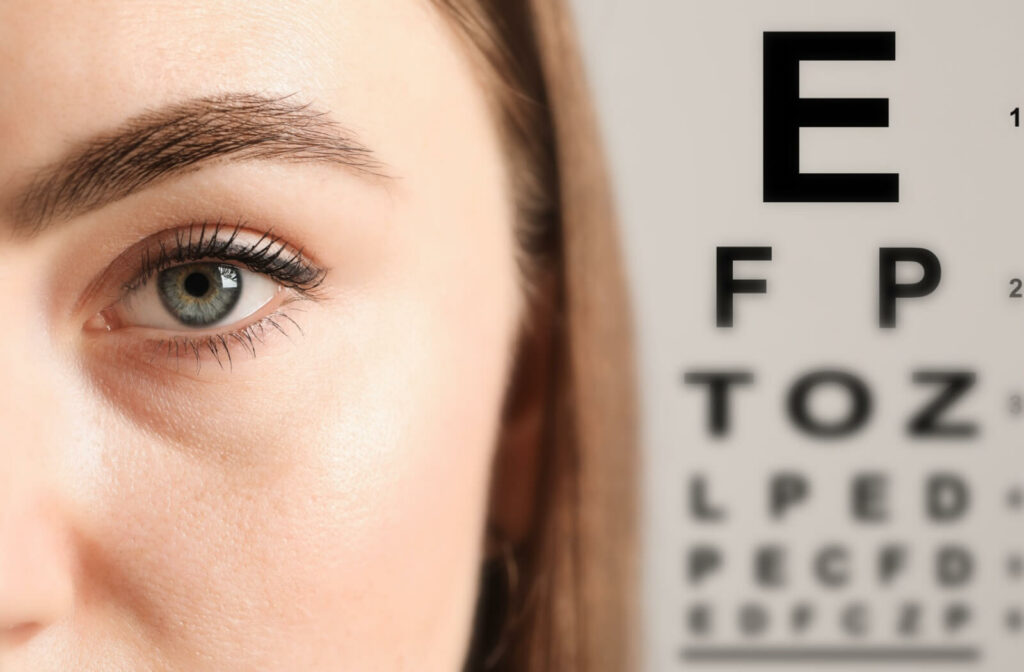Your eyes do more than just see the world around you—they also offer a window into your overall health. That’s why taking care of them involves more than a simple vision check. At our practice, we believe a full eye exam is a detailed and important part of your preventative health routine.
A comprehensive eye exam is a detailed check of your vision and the health of your eyes, going far beyond a basic screening. This type of preventative care helps you maintain clear sight and can show important information about your general wellness.
More Than a Simple Vision Screening
You’ve probably had your vision checked at school or the DMV. While helpful, these screenings are not the same as a comprehensive eye exam. A screening can identify some potential vision issues, but a complete exam gives us the full story.
What a Vision Screening Checks
A vision screening typically looks at just one or two aspects of your sight, like your ability to see clearly from a distance. It’s designed to be a quick pass-or-refer process. This means it can miss subtle problems with your eye health.
What a Comprehensive Exam Checks
A comprehensive exam is a complete evaluation of your vision system. It includes a series of tests to check for eye diseases and assess how your eyes work together. It also helps us find your exact prescription for clear, comfortable vision.
Why Screenings Are Not Enough
Screenings don’t check the health of your eyes. Many eye conditions develop without any early symptoms, so you might not know there’s an issue until there’s already damage to your vision. A full exam is crucial because it can detect over 270 diseases that can affect your sight and overall health.
What to Expect During Your Eye Exam
Your appointment will involve a series of simple, painless tests, and will consider the following aspects of your vision:
Your Health & Vision History
We’ll start with a conversation about your health, your family’s health history, and any vision problems you’ve noticed. We can also discuss your lifestyle and work environment to see how they might affect your eyes.
Vision Clarity & Focus
These tests measure how clearly you see and help find the right lens power for your glasses or contacts. This part of the exam determines if you have a refractive error like nearsightedness, farsightedness, or an astigmatism.
How Well Your Eyes Work Together
We’ll check your depth perception, eye muscle movements, and how well your eyes team up. This confirms that your eyes are working in sync to create a single, clear image.
Your General Eye Health
As part of your exam, we check for signs of eye diseases or other health conditions. Identifying potential issues early is important, as many eye diseases (like glaucoma) don’t exhibit symptoms in their early stages. Early identification allows us to manage conditions while they’re easier to treat.

Why Eye Exams Are Important for Every Age
Regular eye care is important at every stage of life, as a person’s vision needs change as they grow. A consistent schedule of exams helps keep your eyes healthy for the long run.
Eye Care for Children & Teens
Good vision is closely linked to learning and development. Children may not realize they have a vision problem, so routine children’s eye exams can help them succeed in school and activities.
Exams for Adults
For adults, a routine eye exam can catch changes in vision and detect early signs of eye disease. Around age 40, many people start to have trouble with reading small print as a result of developing presbyopia. Regular exams help stay on top of these problems.
Annual Exams for Seniors
After age 65, your risk for certain eye conditions increases. An annual eye exam helps monitor your vision and check for age-related issues like macular degeneration, cataracts, or glaucoma. This proactive approach helps protect your sight.
Common Questions About Your Appointment
It’s normal to have a few questions before your exam. Here are answers to some common ones to help you feel prepared and relaxed for your visit.
How Long Do Comprehensive Eye Exams Take?
A comprehensive exam usually takes between 30 to 60 minutes. The exact time can vary based on the specific tests your eyes need. We take the time required to be thorough without rushing your experience.
Can You Drive After Your Exam?
At our optometry, with today’s advanced imaging technology, we don’t need to dilate your eyes as often as we used to. Most patients can comfortably drive themselves home after their appointment. However, if dilation is required, you might experience some light sensitivity or slightly blurry vision for a few hours, so it’s still a good idea to bring sunglasses—or a driver if you prefer to be cautious.
What Should You Bring With You?
When you come for your appointment, it’s helpful to bring a few things with you
- Your current glasses or contact lenses
- A list of any medications you take
- Your vision and medical insurance information
Schedule Regular Exams
A comprehensive eye exam is a simple yet powerful way to care for your vision and your overall health. Here at Sea View Optometric, we look forward to welcoming you and your family, so request an appointment with your eye doctor in Long Beach today.



